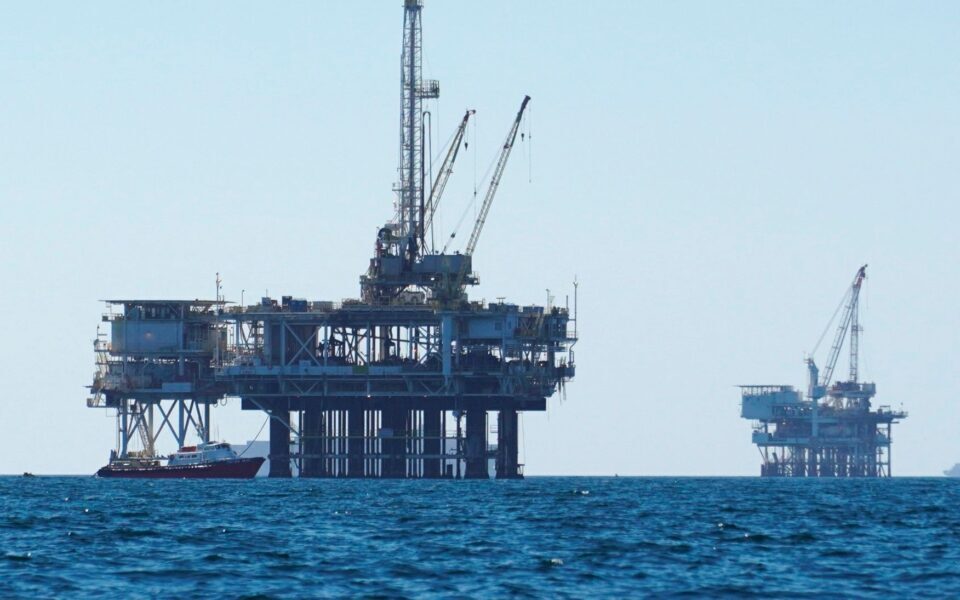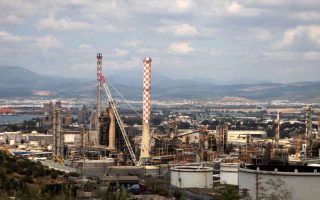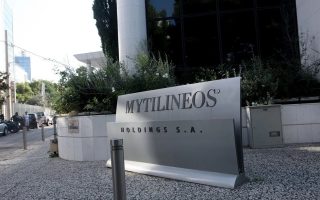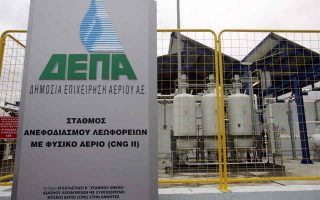Gas exploration to start west of Crete
Research vessel already laying cables as Hellenic Navy issues navigational advisory

Exploration for natural gas will begin immediately in the most promising designated area, west and southwest of the island of Crete.
Greece’s navy has already issued a navigational warning that the exploration will start and the Norwegian exploration vessel leased by ExxonMobil is already in the area, laying out 12 kilometers of cable and collect two-dimensional seismic data to help determine the extent of gas reserves. The area has already produced indications of likely reserves and seismic research will extend throughout the winter period.
ExxonMobil and partner HelleniQ Energy (formerly ELPE), have decided to almost double exploration, and this is seen as a sign to advance drilling ahead of the previous target of 2025.
ExxonMobil first expressed interest in the area in May 2017, partnering with then-ELPE and France’s Total. It reaffirmed its interest last July, after Total had withdrawn, by raising its stake in the two separate concessions.
Taken together, the two concessions occupy an area of nearly 40,000 square kilometers. It is considered an extension of the so-called Herodotus Basin, off the coasts of Cyprus and Israel, which has produced significant reserves.
An older study by the Greek company had estimated that potential natural gas reserves could be between 70-90 trillion cubic feet and potentially cover 15-20 percent of Europe’s natural gas needs. But the most promising areas are also the least explored.
A further Navtex was issued by the Hellenic Navy for an area southwest of the Peloponnese peninsula.
About 85% of the area in which the Sanco Swift will explore lies within Greece’s Navtex jurisdiction. For the remaining area a Navtex must be issued by Malta.
The exploration has clear geopolitical implications. Turkey’s two agreements with Libya’s Tripoli-based regime, in the west of the country, the one delimiting the two countries’ maritime jurisdictions, even though they are non-neighboring, and the second, allowing Turkey to explore for oil and gas on Libyan soil and the country’s continental shelf, could lead to mutually exclusive claims, especially if Libya, accepting Turkey’s logic that islands, such as Crete, cannot have a continental shelf of their own, extends its jurisdiction to the west of the island.





